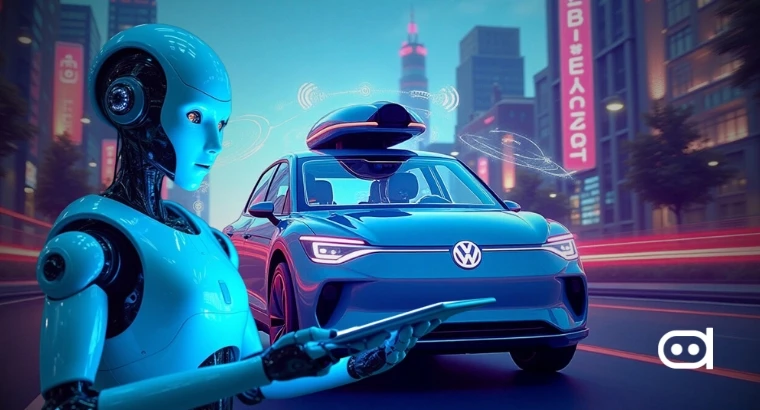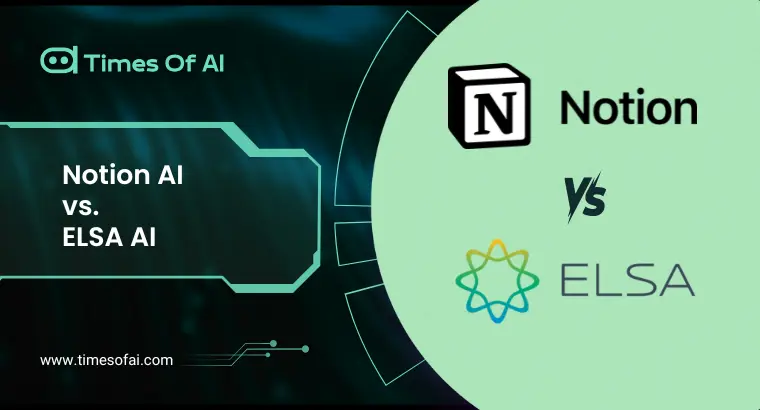
Artificial intelligence is constantly reshaping our world with groundbreaking updates that are garnering attention for their progress. This week has been no different – filled with a myriad of captivating updates and compelling narratives in the field of AI. From pioneering research discoveries to inventive uses across sectors, here’s a roundup of this week’s most significant AI news.
1. Microsoft Introduces Qualcomm-Powered Surface Copilot Plus PCs
Microsoft announced that the initial batch of Copilot Plus AI computers will hit the market on June 18, 2024. The Surface Pro and Surface Laptop mark the debut of Windows PCs on the Copilot Plus PCs platform running on Qualcomm’s Snapdragon X Elite and Snapdragon X Plus. Acer, ASUS, Dell, HP, Lenovo, and Samsung are some of the brands that have released Copilot Plus PCs equipped with Qualcomm Snapdragon X Elite and Plus processors.
2. OpenAI vs. Scarlett Johannson
Scarlett Johansson raised concerns regarding OpenAI allegedly imitating her voice for the ChatGPT “Sky” avatar. However, internal documents obtained by The Washington Post indicate that OpenAI did not intend to do so. Conversations with individuals involved in creating Sky’s voice further clarified that the company should have specifically sought out a voice similar to Johansson’s. The documents outlined the steps taken to choose Sky’s voice, including the casting session for the actress selected and various factors taken into account, revealing Altman was on the lookout for a ‘warm and charismatic’ voice.
3. Google CEO Addressed AI Concerns From Publishers
Google’s CEO Sundar Pichai acknowledged worries regarding artificial intelligence influencing search engine results which upset publishers who are concerned about a potential drop in web traffic. In a conversation with The Verge, Pichai reassured his audience about Google’s commitment to providing high-quality content and meeting user expectations. Pichai highlighted similarities between the shift from browsing on computers to browsing on phones in the past, emphasizing the company’s capacity to adjust to evolving online trends.
4. The European AI Act
The Artificial Intelligence Act, a groundbreaking law approved by the European Council, is designed to harmonize regulations on AI throughout Europe. The main goal of this legislation is to promote the development of AI that prioritizes security, upholds rights, and encourages investment in innovative solutions. Stricter provisions were established for systems presenting tangible perils to societal well-being, with a flexible framework permitting proportional oversight. Being the first transnational directive of its kind, this could establish global governance standards for advanced technologies. However, exemptions are incorporated for military defense applications and scholarly pursuits.
5. Amazon To Up Its Gen AI Game With Alexa
Amazon is reportedly working on upgrading Alexa with more advanced natural language capabilities enabled by generative AI. While the specifics have yet to be ironed out, Amazon is exploring the idea of charging subscribers a monthly fee to access this more powerful version of Alexa in an effort to offset expenses and better compete with emerging generative chatbots.
The rapid progress of AI is shaping our world in ways we’ve never seen before. This week’s key moments showcase the technology’s ability to bring about positive change, paving the way for a future filled with creativity and opportunities. Keep an eye out for more exciting developments in artificial intelligence.





